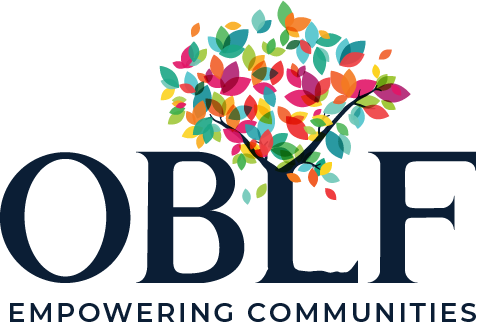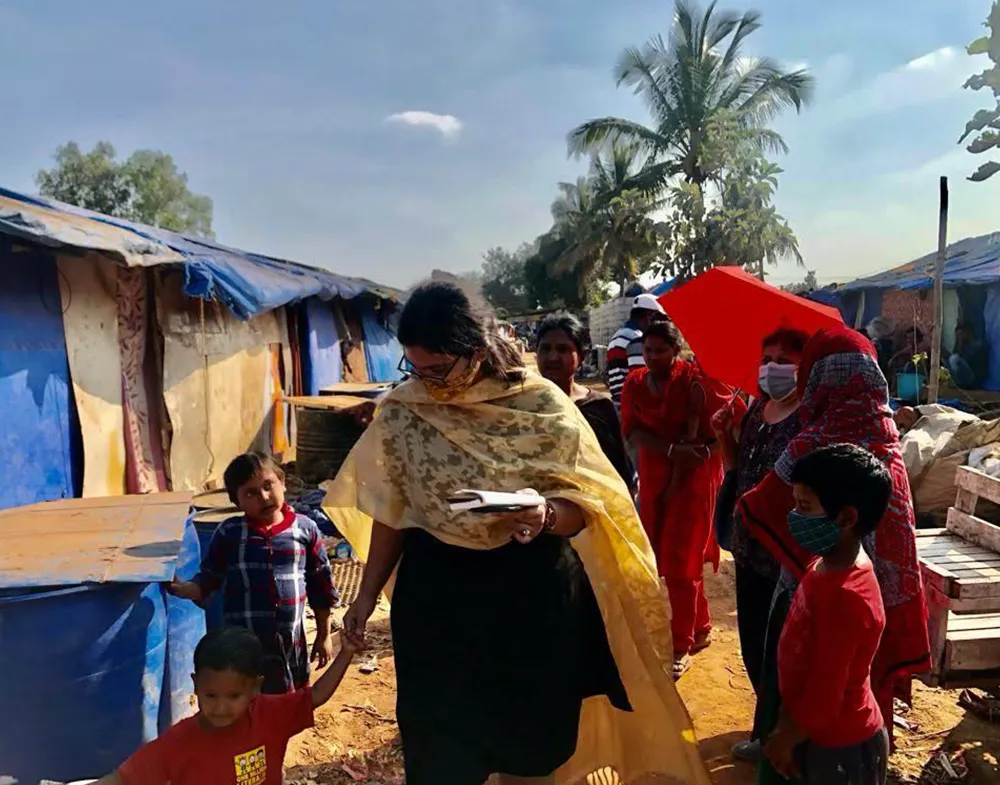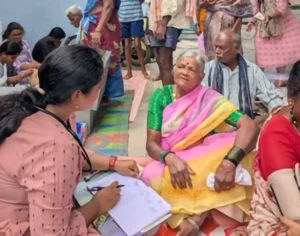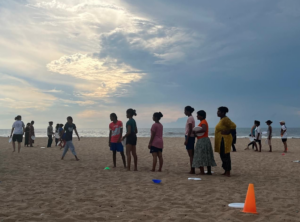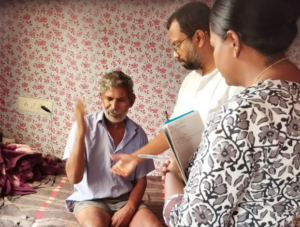Have We Really Grown as a Society?
By Dr. Ankita Kar, Team Lead, Mental Health Program, OBLF
Over the past few weeks, I’ve been visiting villages on the outskirts of industrial areas. These regions, once open and sparsely populated, are now rapidly filling up with migrant workers. With this influx, population density has risen sharply, and the landscape has changed drastically.
Where there were once homes with backyards, space to grow vegetables, and a little room for children to play, there now stand cramped two- or three-story buildings much like the chawls in Mumbai. When I entered these buildings, I found dark corridors with barely any sunlight. In one such building, 15–20 small houses stood side by side, occupied by 30-40 families, sharing just two common washrooms. The rooms were tiny, with no ventilation and no outdoor space for even a short walk.
An ASHA worker told me that in one such building, there were already 3-4 tuberculosis cases.
As I walked through the village, I noticed a pattern. Landowners, seeing the demand for housing, were building rental units on every available piece of land. Many of these owners didn’t even live there anymore. They had moved to better homes, leaving these congested rentals behind, where 1BHK or 2BHK houses were broken down into 4-5 tiny rooms for tenants.
I don’t want to get into governance or policy here. Instead, I want to ask a more fundamental question: What are we, as people, doing?
If the owners of these buildings were asked to live in these houses themselves, sharing two washrooms with 30 families, raising children without safe play spaces, would they?
Have we really grown as a society?
We once blamed external forces for exploiting us. Now, it feels as if exploitation has simply changed hands, it’s become local.
During one visit, a family invited me inside for tea. Their home was a single small room, the kitchen tucked into one corner, the washroom outside. And yet, in these conditions, we expect people to be healthy, even mentally healthy. But livelihood alone isn’t enough if it comes at the cost of dignity and basic living conditions.
In recent days, I’ve also come across stories that are deeply troubling:
- An elderly woman, who lost most of her family, now lives alone in a tiny room. She can barely walk, dragging herself across the floor with her hands. She hardly eats because she doesn’t have a washroom and tries to avoid the urge to relieve herself.
- A young woman, just 22 years old, a single mother. Her husband abandoned her when she gave birth to a baby girl. She was uneducated, unable to file a police complaint. Her father had passed away, her mother was ill, and she borrowed ₹3 to 4 lakhs for her mother’s medical care. Now she earns ₹11,000 a month at a petrol pump, most of which goes toward repaying interest. To make matters worse, society mocks her, accusing her of sex work to survive. Twice, she has attempted suicide. Twice, her family saved her.
When you see these realities up close, it shakes you. You want to help. But can we solve all of society’s problems?
These encounters keep me restless. They make me question the systems we live in. On social media, we see polished posts about change, development, and progress. But are we really going deep enough? Are we addressing the root causes? Are we empathizing enough to truly understand what people are going through?
It’s time we stop looking away.
It’s time we ask ourselves: as a society, where are we really headed?
Dr Ankita Kar is a physician and public health professional and has been working for almost 4 years and joined OBLF as a Public Health Consultant in the year 2021 because she believes in in building health programs that are rooted in communities, designed with compassion, and driven by teams who care deeply about the “why” behind their work.
